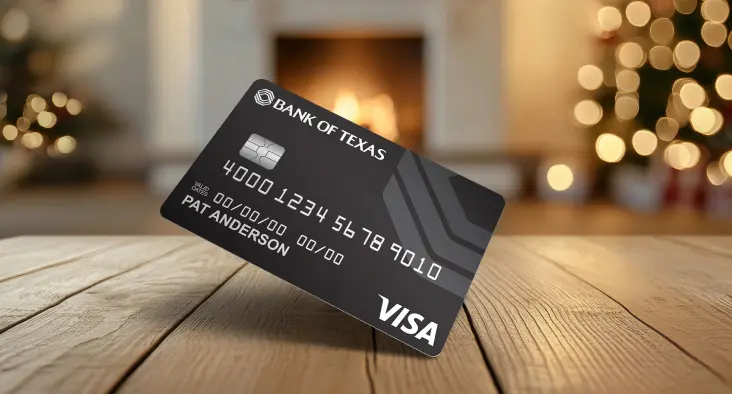Is Credit Card Cashing Against the Law?
In today’s fast-paced financial world, credit cards are not just tools for purchasing goods or services—they have become a potential source of instant cash for some individuals. This has given rise to a controversial practice known as 신용카드현금화, where people attempt to convert their credit line into cash. While the idea may seem convenient, it raises important questions about legality and the potential risks involved.
What Is Credit Card Cashing?
Credit card cashing is the process of obtaining cash from a credit card beyond the regular cash advance provided by the card issuer. In some cases, individuals might use third-party services, online platforms, or unofficial methods to convert their credit into liquid money. Unlike standard cash advances, which typically involve fees and interest rates set by the bank, informal credit card cashing can involve higher costs and increased legal exposure.
Legal Status of Credit Card Cashing
The legality of credit card cashing depends largely on how the cash is obtained. Standard cash advances from banks or credit card issuers are completely legal, though they usually come with higher interest rates than regular purchases. However, using third-party services or unofficial methods to bypass cash advance limits can fall into a gray area and, in many jurisdictions, may be considered illegal.
Some common illegal methods include:
- Using fake checks or payment apps to withdraw credit card funds.
- Employing undisclosed intermediaries that promise cash in exchange for credit card usage.
- Engaging in credit card laundering, where multiple cards are used to create seemingly legitimate transactions that are actually intended to produce cash.
These practices can be classified as fraud, and individuals caught participating may face criminal charges, fines, or even imprisonment. Even if the initial transaction seems harmless, banks and law enforcement agencies treat fraudulent cash conversions seriously.
Risks Involved in Credit Card Cashing
Besides legal consequences, credit card cashing carries significant financial risks. Banks monitor unusual transactions, and suspicious cash withdrawals can lead to:
- Account freezing or closure.
- Damage to credit scores, making it harder to obtain loans in the future.
- High fees and interest rates, often exceeding the cost of legitimate cash advances.
- Scams and theft, particularly when using third-party platforms promising quick cash.
Many people are drawn to credit card cashing out of convenience or desperation, but these short-term gains can quickly lead to long-term financial trouble.
How to Access Cash Legally
For those needing cash, there are safer, legal alternatives:
- Official Cash Advances: Available through your credit card issuer, although fees and interest rates may apply.
- Personal Loans: Banks or microfinance institutions provide cash loans at structured interest rates.
- Peer-to-Peer Lending: Reputable platforms allow legal borrowing from individuals or groups.
- Overdraft Protection or Line of Credit: Provides access to funds while remaining fully compliant with financial regulations.
By sticking to legal channels, individuals avoid unnecessary legal and financial risks while still gaining access to cash when needed.
Conclusion
카드깡 may seem like a quick solution for immediate cash needs, but it is fraught with legal and financial dangers. Standard cash advances are legal and regulated, but any attempt to bypass limits or use unofficial methods can lead to serious consequences, including criminal charges. Understanding the risks and sticking to legitimate financial services ensures that individuals can access funds safely, protect their credit, and stay within the law.


